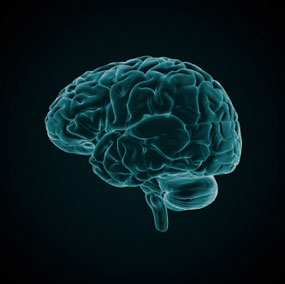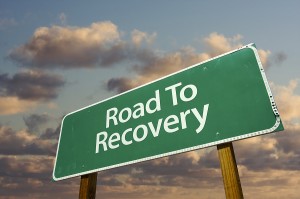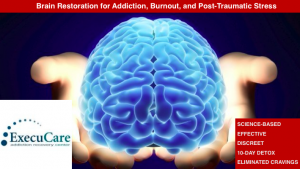 Are certain health problems caused by drinking too much alcohol? Despite a number of recent studies that promote alcohol as “healthy,” the line between health and harm is easily crossed. Those who drink more than 2-3 glasses of alcohol a day could suffer from some pretty serious health problems. Read more →
Are certain health problems caused by drinking too much alcohol? Despite a number of recent studies that promote alcohol as “healthy,” the line between health and harm is easily crossed. Those who drink more than 2-3 glasses of alcohol a day could suffer from some pretty serious health problems. Read more →
 What are the effects of drugs such as marijuana when only used casually? Do they really affect the brain? We’ve known that heavy pot use has been associated with impaired learning, memory, motivation and attention. But it’s been commonly thought casual use of pot does not result in any negative outcomes. Until now. Read more →
What are the effects of drugs such as marijuana when only used casually? Do they really affect the brain? We’ve known that heavy pot use has been associated with impaired learning, memory, motivation and attention. But it’s been commonly thought casual use of pot does not result in any negative outcomes. Until now. Read more →
 Here is one of the drug and alcohol facts that many people don’t always want to admit: rehab doesn’t always work. Not the first time, sometimes not the second or third. And for some it takes even more tries than that. But this shouldn’t be a discouragement or deterrent from them seeking help in the first place. It’s just important to understand the reasons why rehab doesn’t always work. And why incorporating NAD therapy like NTR Brain Restoration can be crucial to addressing the whole picture. Read more →
Here is one of the drug and alcohol facts that many people don’t always want to admit: rehab doesn’t always work. Not the first time, sometimes not the second or third. And for some it takes even more tries than that. But this shouldn’t be a discouragement or deterrent from them seeking help in the first place. It’s just important to understand the reasons why rehab doesn’t always work. And why incorporating NAD therapy like NTR Brain Restoration can be crucial to addressing the whole picture. Read more →
 New drug facts about marijuana found that college males were more likely to drive after smoking marijuana than to drive after drinking. A new study by the University of Massachusetts, Amherst found that 44 percent of college males admitted to driving after smoking pot in April 2014, compared to 12 percent who said they drove after drinking (www.drugfree.org). Read more →
New drug facts about marijuana found that college males were more likely to drive after smoking marijuana than to drive after drinking. A new study by the University of Massachusetts, Amherst found that 44 percent of college males admitted to driving after smoking pot in April 2014, compared to 12 percent who said they drove after drinking (www.drugfree.org). Read more →
 We are excited about our ExecuCare free CEU Seminar, NTR Brain Restoration: Resetting Neurotransmitters & Receptor Systems for Long-Term Recovery on September 16, 2014. Our Executive Director, Jacquie Damgaard, Ph.D., and our Medical Consultant, Rhett Bergeron, M.D., will be presenting on the topic. Read more →
We are excited about our ExecuCare free CEU Seminar, NTR Brain Restoration: Resetting Neurotransmitters & Receptor Systems for Long-Term Recovery on September 16, 2014. Our Executive Director, Jacquie Damgaard, Ph.D., and our Medical Consultant, Rhett Bergeron, M.D., will be presenting on the topic. Read more →
 New drug statistics show that the number of painkiller-addicted seniors is on the rise. USA Today published a study conducted by Substance Abuse and Mental Health Services Administration (SAMHSA) that found that the number of senior citizens addicted to painkiller and anxiety medication has tripled in the last decade. This goes to show that the prescription drug epidmic is leaving no demographic unaffected. Read more →
New drug statistics show that the number of painkiller-addicted seniors is on the rise. USA Today published a study conducted by Substance Abuse and Mental Health Services Administration (SAMHSA) that found that the number of senior citizens addicted to painkiller and anxiety medication has tripled in the last decade. This goes to show that the prescription drug epidmic is leaving no demographic unaffected. Read more →


